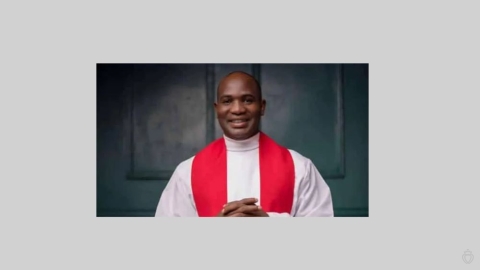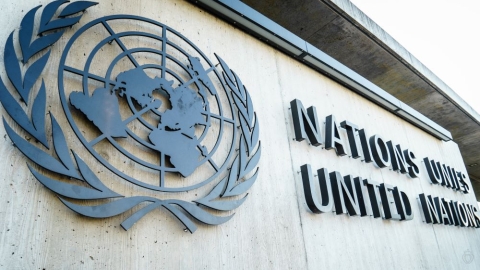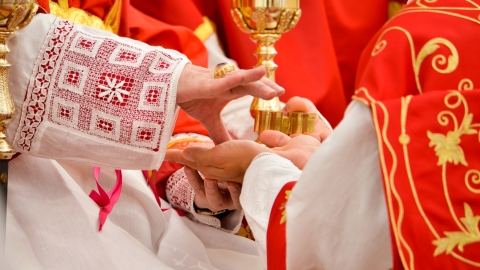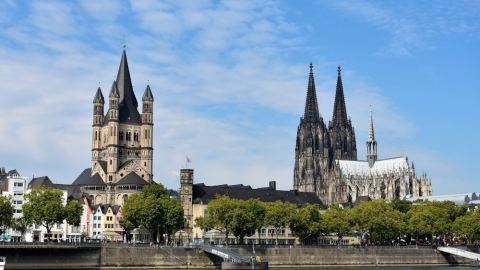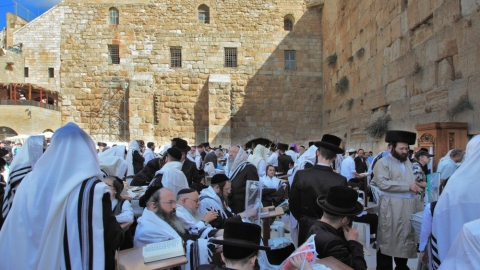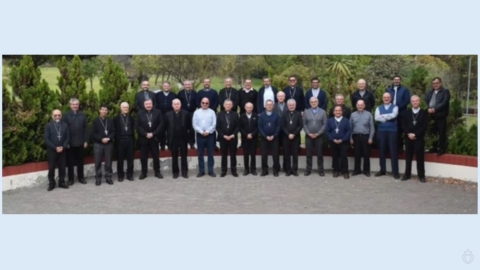Abortion in Brazil: The Bishops Point Fingers
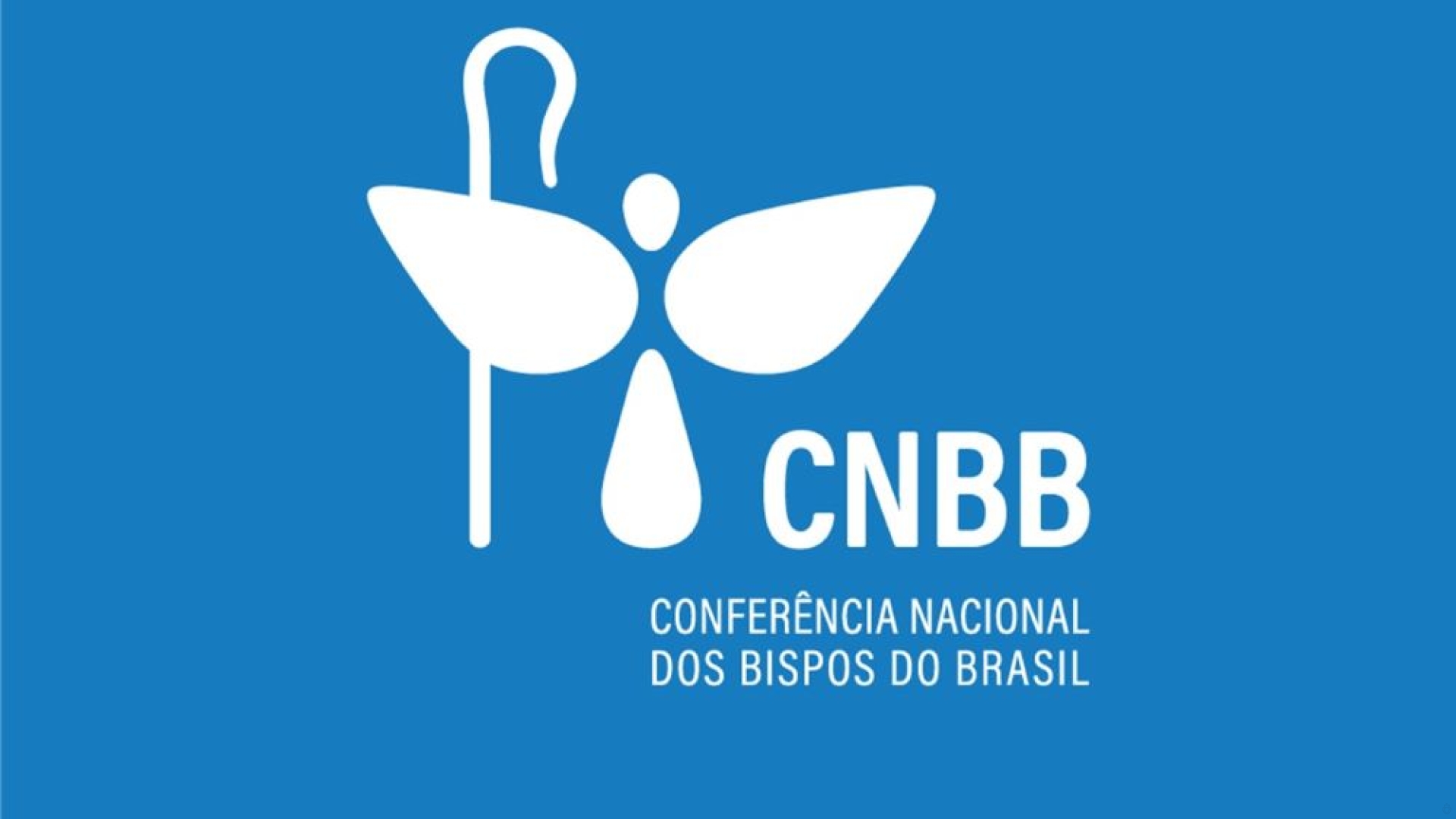
The abortion debate rages in Brazil since the Supreme Federal Court began to examine a plea filed by the left. A party of Christians on the right rebuked the episcopate for having opened the door for this debate by lending support to the current state leader elected in October 2022. The Brazilian prelates are rising up against these accusations.
In Brazil—now the world’s largest Catholic country in terms of population—abortion is only authorized in three cases: if a pregnancy is the result of rape, if it endangers the life of the mother, or if the fetus is affected by a very serious malformation.
In 2017, the Socialism and Liberty Party (PSOL) filed a plea with the Supreme Federal Court of Brazil, arguing that the criminalization of abortion would go against the constitutional rights of women. The Court began examining the plea on September 23, 2023.
The plea calls for the decriminalization of abortion up to the 12th week of pregnancy. As of now, only 1 of the 11 judges could vote, because the session was suspended at the request of one of the magistrates and postponed until a later date. Rosa Weber, who was able to vote, announced that she decided in favor of decriminalization.
The debate rages on and has not spared the National Conference of Brazilian Bishops (CNBB), which is blamed for having indirectly opened the door for this plea by lending support to President Luis Lula Da Silva, who won against his opponent Jair Bolsonaro: “You made the L, CNBB,” numerous social media users accuse, referring to an expression for supporting Lula.
This is an accusation the episcopate rejects. The Church in Brazil “has never failed to show with clarity its firm repudiation of abortion,” was the reply of Mgr. Reginei Jose Modolo of Curitiba, who directs the CNBB’s Special Commission of Bioethics. “Of course, that subject may have been presented with more or less vehemence in different moments. But the hierarchy has always played its role and shown the indisputable moral element of its stance against abortion.”
We hear the same story from Lenise Garcia, head of the pro-life movement in Brazil, who points out: “in this concrete case, the federal government doesn’t have anything to do with the analysis of decriminalization of abortion by the Supreme Court.” Garcia says that this case could also have arisen during the administration of Bolsonaro and the former president, but that in either case nothing could be done to control the Supreme Federal Court.
If the bishops did not formally support Lula, they at least set the stage for him. On November 8, 2022, on the eve of the second round of presidential elections, the Secretary General of the CNBB had admittedly refused to endorse a candidate but had urged the faithful to vote for the candidate who “preaches democracy, respect for social justice, and fraternal coexistence.”
Moreover, on the evening of the left-wing candidate’s victory, some Brazilian prelates had written a glowing letter to him, congratulating him for his “memorable electoral victory” and sharing “with the majority of the Brazilian people the joy to see hope triumph in these dark and difficult times.”
It is not unreasonable to think that the episcopal attitude in favor of the current leader of Brazil—known for his progressive orientations—at least permitted the creation of a favorable situation for him by not directly pushing the abortion debate to the forefront of public discourse.
According to a recent survey of the Datafolha institute, 52% of Brazilians are opposed to abortion, and numerous demonstrations for the right to life of the unborn are expected in the month of October throughout the country. “We have to show to the Supreme Court that the Brazilian people repudiate it [abortion],” concludes the Secretary General of the CNBB.
Fuente: Crux – FSSPX.Actualités
